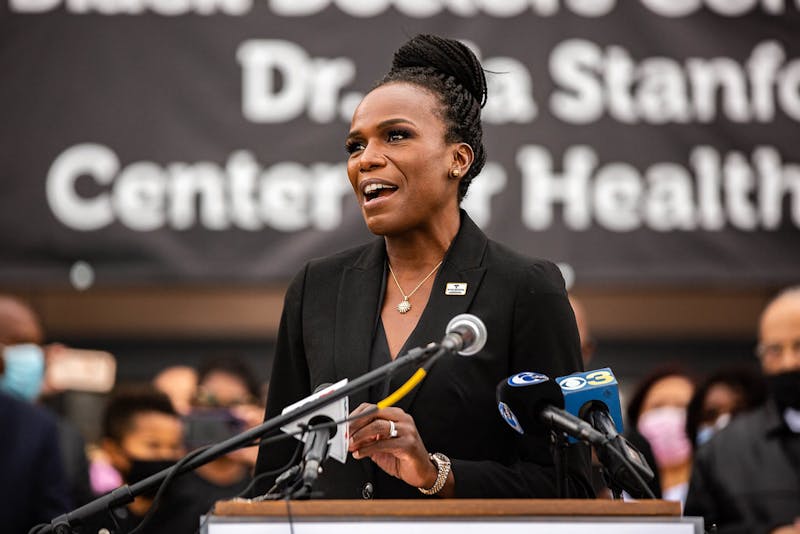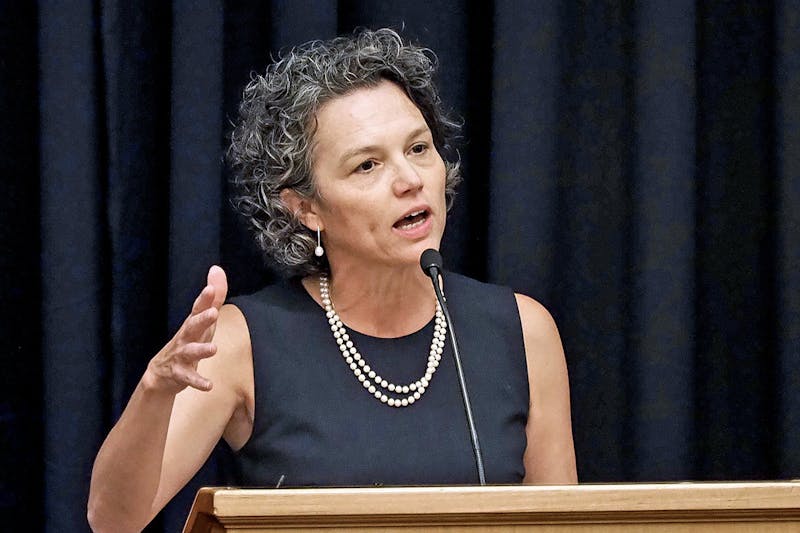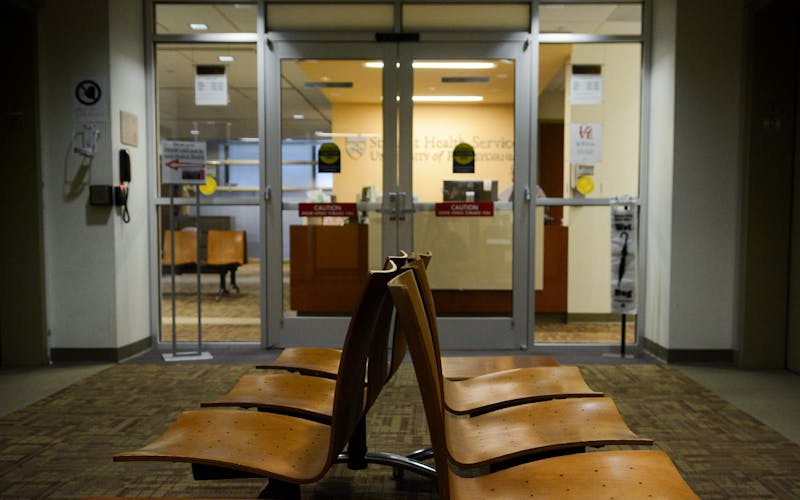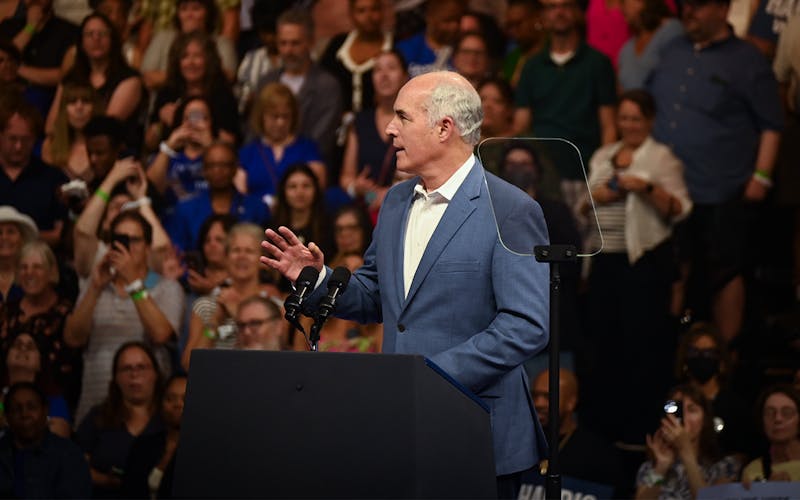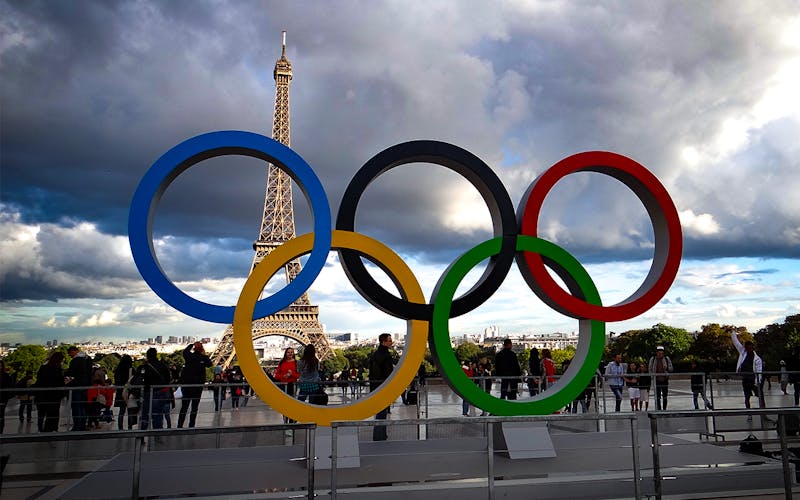
Future Black Men in White Coats, a new club at Penn, is creating a space on campus for aspiring Black healthcare professionals, including future doctors, health politicians, pharmacists, nurses, and dentists.
College juniors Corey Brooks and Parker McCall told The Daily Pennsylvanian that they launched FBMWC while they were roommates in Rodin College House last year after noticing a lack of Black men in their STEM and pre-med courses. They added that, as first-generation students pursuing medicine, they are looking to lift up other first-generation students and motivate them to pursue health careers.
“We don’t see any Black men in any of our STEM classes, specifically. My first semester last year, I was the only Black man in my bio class,” Brooks said. “I can probably count on my hand how many Black people that I know specifically are interested in healthcare.”
Brooks and McCall emphasized the importance of visibility in healthcare and creating opportunities for outreach and exposure to STEM fields for Black men. They hope that FBMWC will form a community and brotherhood similar to that at Morehouse College, the only historically Black private liberal arts college for men in the country.
As the club grows over years to come, Brooks and McCall said that they hope to build an extensive alumni network of Black male healthcare professionals for future classes to connect with.
“We don’t want anybody to feel like [they have] to jump through hoops and boundaries to be able to be involved in this club. It’s a brotherhood," McCall said. "It’s meant to invite you to feel comfortable in the fact that you want to be a part of healthcare.”
The club is in the process of planning a networking social where they will invite Black professionals from the healthcare community to speak about their experiences and serve as mentors for club members, according to its founders.
Another goal of the club is to give back to the local community by taking part in volunteer work and community service events. McCall said that this could simultaneously boost the visibility of Black men pursuing health careers.
“A Black kid may see us and be like ‘Oh, that’s kind of cool. I want to do this,’” McCall said.
While FMBWC has been informally meeting since October 2023, its founders said that it is hoping to grow this year as more Black men join the pre-medical and healthcare tracks. They added that the club hopes to address the specific needs of Black men in healthcare.
“Health equity is different from health equality … Black men have specific needs in the healthcare sphere, and we want to tackle that,” Brooks said.
FBMWC also plans to work collaboratively with Penn’s National Society of Black Women in Medicine, whose mission is to advance Black women pursuing careers in medicine.
“There are not many of us in these later steps of healthcare. [This club] is kind of just meant to be an encouraging group and to create a level of comfort with this already strenuous pathway that we’ve decided to choose,” McCall said.
The Daily Pennsylvanian is an independent, student-run newspaper. Please consider making a donation to support the coverage that shapes the University. Your generosity ensures a future of strong journalism at Penn.
Donate







